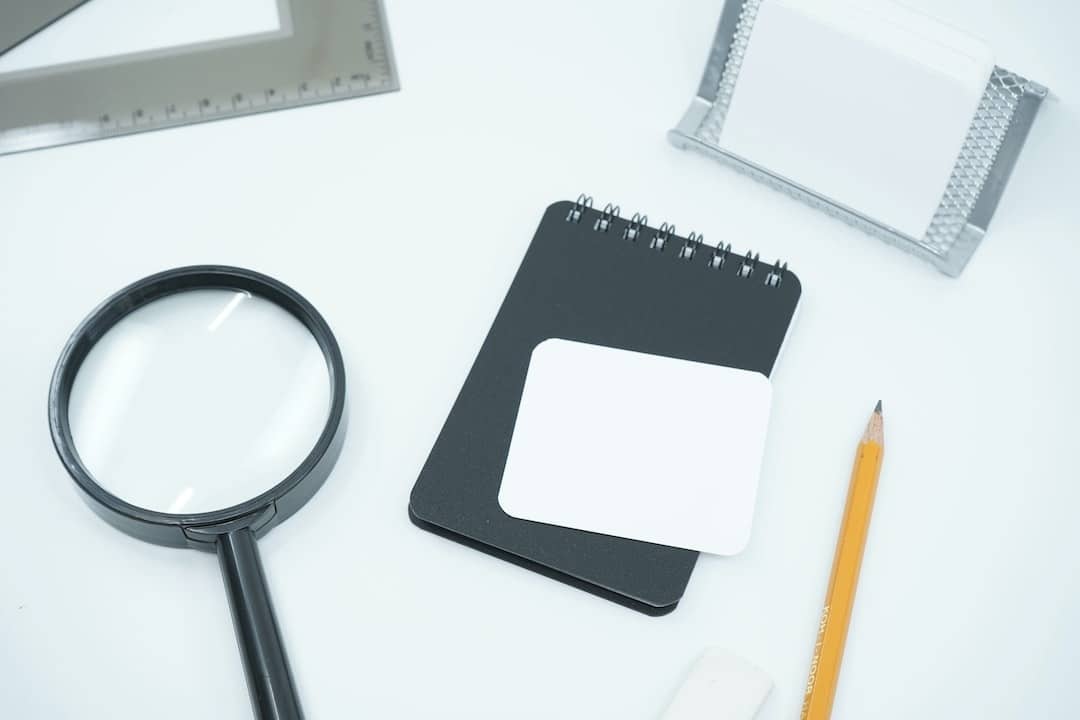Many people have a relatively decent idea of what addiction looks like. This could be due to the media’s portrayal, stereotypes, or stigma. It could also be due to seeing a family or friend struggling with addiction.
Often, people developing an addiction may not even realize that they are participating in patterns that align with addictive behaviors. Even if they are aware of and notice certain things, they may not be tying them to addiction. It can also be easier to see these signs in others who may be developing a substance use problem.
Usually, once you have started to become addicted, your life, as you experience it, speeds into a blur of your addiction controlling the wheel. This seemingly automatic setting of your subconscious on cruise control allows you to take dead-end roads and miss multiple warning signs that an addiction has developed.
How Do You Feel When You Use Substances?
Because many substances that people become addicted to are normalized by society, individuals can easily miss critical signs of their developing addiction. One subtle key cue is how using your substance of choice makes you feel.
Do you feel invincible? Feeling like your best self and most confident when you use a substance can increase your desire to use it. Or maybe you feel lethargic, but you cannot seem to stop. Do you feel the need to use your substance every day, not just every day, but each morning, noon, and night? If so, you likely have substance use disorder (SUD).
You can also feel like you must not have a problem because if you do, then everyone you know does as well. The normalization of substance use and even overlooking signs of addiction has caused many to miss their own subtle cues.
Pay Attention: Identifying the Subtle Cues
Although subtle cues of a developing SUD can be caught as they emerge, there are cases in which signs are not noticed until the worst point of someone’s addiction. No one wants to have SUD, but it is better to know and get help than to be in denial or not see your rock bottom coming. You can identify patterns and look for subtle cues that addiction is slowly taking hold.
While feeling the need to use a substance daily is a critical cue, there are other subtle cues that exist as well. A few of these cues are:
- Loss of energy, motivation, and appetite
- Neglecting self-care
- Overspending on substances
- Problems that arise, professionally or in education, such as tardiness, poor performance, or social drawback
Eventually, you start to change and become a shell of yourself. You start to look less and less familiar when you look in the mirror. Sometimes you don’t even see your reflection because it’s all a blur. At a point, you get lost in being lost.
Reaching Out for Help When Noticing Subtle Cues
Once you realize that you have developed an addiction, the first thing to do is get help. This can be doing research or even talking to someone who may know some resources.
There are numerous amounts of resources to get sober. SUDs are at an all-time high and an epidemic in the United States. There are many who suffer in silence and try to go cold turkey and do it all on their own. For some, if they have caught it early enough, they can find a way to end their use and seek help for what caused the addiction. However, that’s a far lesser number than individuals who need more help.
The help is out there. You just have to be open and willing to receive it. Often, a treatment program of some sort is the best way to go to start off your journey of recovery.
Learn About Your Addiction and How to Overcome It
A treatment program can help an individual learn more about addiction and how to overcome it. These programs are great resources for healing and establishing a permanent lifestyle change. While in treatment, you will learn how to access the root of your addiction and what caused it. This is how you will overcome it.
You will be allotted the space and time to come out of the fog and see the loss that your addiction caused you. Alcohol and drug addiction are taking time, finances, and sometimes life from many. You deserve to live and to do so freely.
If this sounds like you and you are experiencing some subtle cues that are now a little more visible, there is help for you. Now that you know you may have an addiction brewing, you can take action and get help with the right alcohol rehab program.
Living in a society where alcohol is legal, and many drugs are socially accepted, it is easy to develop an addiction unknowingly. However, there are subtle cues that exist; you do not have to get lost in addiction and be forced to reach the lowest point. Pay attention to changes in your life after using substances, especially the negative ones. Do not overlook signs because you see them in others. Be aware of your normal, and if it changes, consider why. If it is changing because of your substance use, you may have a problem. Villa Oasis can help you figure out if you have an addiction and what to do about it. For treatment options, call (323) 739-8673.




